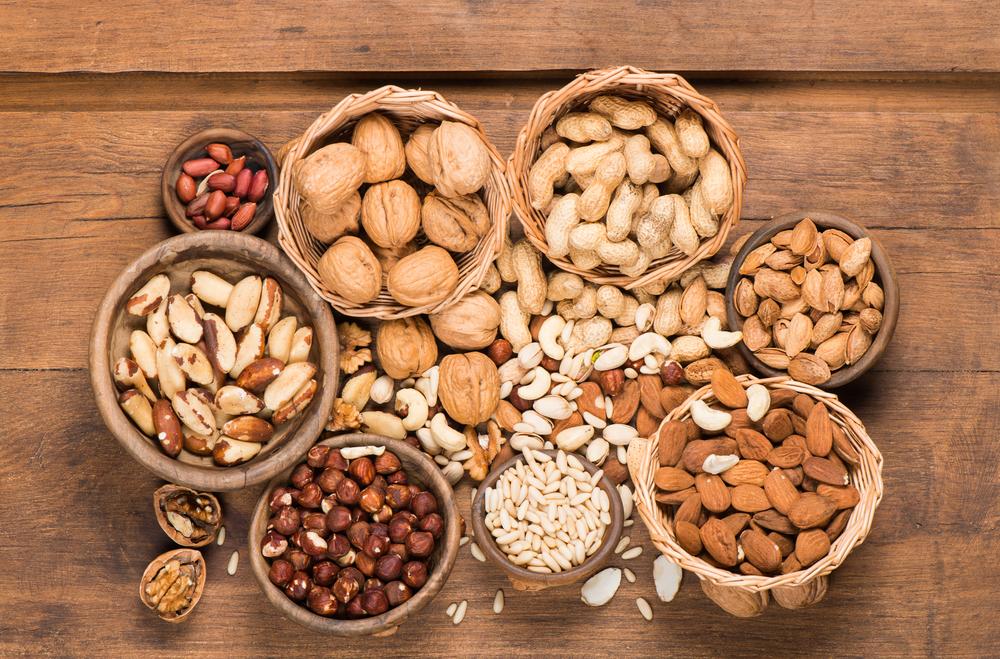
Top 5 Foods to Eat with IBS
IBS, a type of intestinal condition, usually occurs when the stool in the colon does not move as quickly as it should. Therefore, the more time the foods stay in your digestive tract, the more your large intestine will absorb water. Due to this, your feces become harder, which makes it difficult to pass stools through the colon.
However, some foods can help with this condition. Consuming fiber makes the stool softer, allowing it to pass freely. So, if you are following dietary tips for irritable bowel syndrome (IBS), then make sure you eat the following food items:
Fruits
Fruits such as banana, cantaloupe, and raspberry are packed with fiber. Aside from them, a few other fruits, like papaya and strawberry, also contain various vitamins that enhance the health of your large intestine.
Aside from these, you may also opt for vitamin C-enriched fruits, such as pineapple and orange. These food items can boost your heart’s health and gut, strengthening your large intestine.
Vegetables
Vegetables, especially leafy vegetables, usually are rich in fiber and vitamins. Thus, if you do eat these daily, your digestive system is much smoother. Due to this, the other symptoms of IBS such as stomach cramps or gas are lesser.
If you are going through some dietary tips for irritable bowel syndrome (IBS), then eating raw vegetables is great, too. Nevertheless, if you are not really into eating raw vegetables, then you can also make green smoothies or eat them as salads.
Nuts
Like fruits, nuts are an excellent source of fiber and protein. Besides that, they also contain omega-3 fatty acids, which can reduce inflammation in your colon. A few types of nuts, such as almonds and walnuts, are rich with unsaturated fats that are great for your health.
So, if you are following dietary tips for irritable bowel syndrome (IBS), you should consider adding nuts to your diet, too.
Fermented foods
Fermented foods, such as kefir, kimchi, and sauerkraut, are a great source of probiotics, a type of healthy bacteria. They usually help your large intestine digest foods that you eat and absorb minerals. Therefore, if you increase the intake of fermented foods while following dietary tips for irritable bowel syndrome (IBS), then your intestine will stay healthy and constipation-free.
However, according to some doctors, fermented foods generally contain a lot of sugar. So, if you have diabetes or any other pancreatic issues, it is better to consume this in smaller quantities.
If not taken care of properly, IBS can affect your day-to-day life. So, being careful about your diet and lifestyle is always a great idea.


